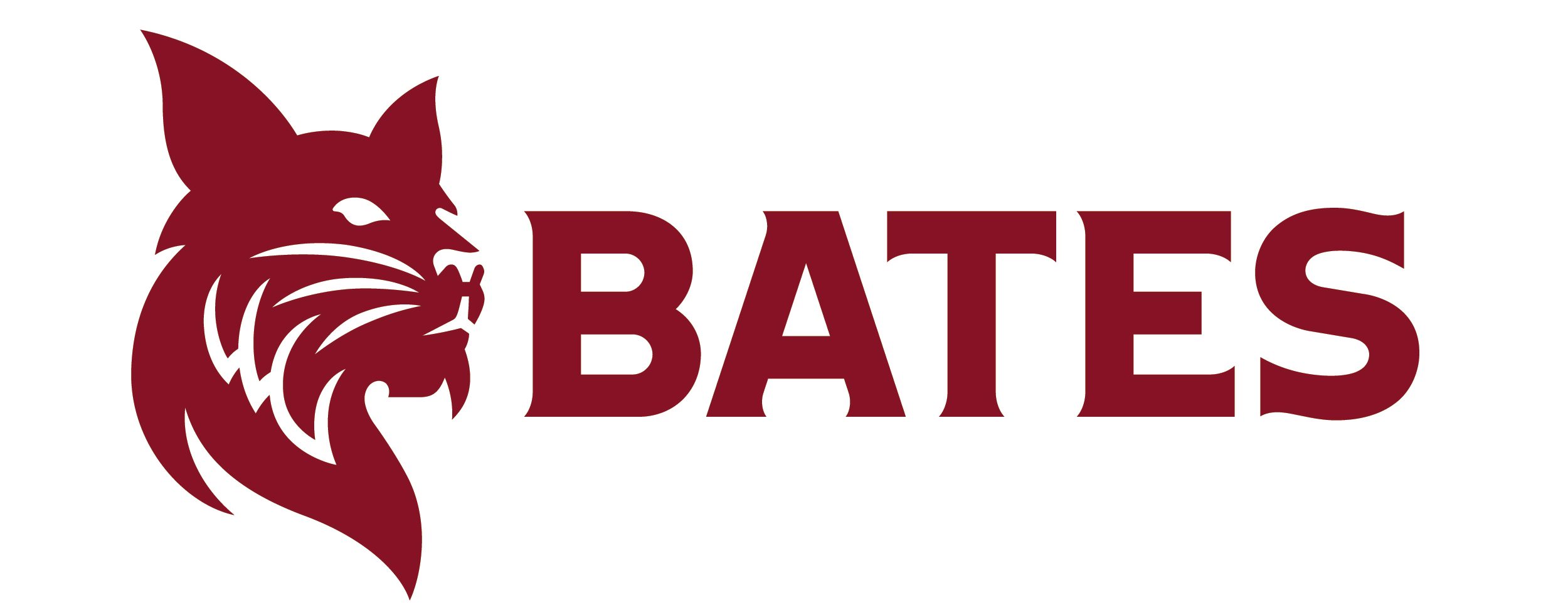
The Mapping and Geospatial Data Librarian will work as part of a collaborative team in the Digital Scholarship department in the Penn Libraries. Working closely with the two Digital Humanities Specialists, a data curation librarian, and two librarians working on digital scholarly publishing, the mapping and geospatial data librarian will take the lead in developing and supporting scholarly research that includes mapping and geospatial data. The incumbent will develop tools and platforms and will train and supervise students across the University in creating and visualizing geospatial data, and in making connections between GIS technologies, critical mapping, and academic disciplines across the University. They will work closely with liaison librarians in creating tailored guides for geospatial approaches across disciplines, and will serve as back-up on complex mapping or geospatial data questions. The mapping specialist will also consult with the Price Lab for Digital Humanities, the School of Design and others on campus in meeting the needs of scholars who seek to incorporate mapping into their research approaches.
QUALIFICATIONS
We welcome candidates with a wide range of experience and from diverse backgrounds. A combination of professional experience, volunteer work, coursework, and other transferable skills may be applied toward the required and desired qualifications listed below. Please be clear and specific about how your background is relevant to this position.
A Master’s Degree or more and 3 years to 5 years of experience or equivalent combination of education and experience is required.
- An understanding of and experience with leaflet, carto, mapbox, and other web mapping tools
- Demonstrated facility with ArcGIS and QGIS
- Teaching and mentoring skills
- Experience working cooperatively with people from diverse backgrounds
- Professional and pedagogical commitment to equity, diversity, and inclusion
- Experience with historical maps and mapping
- Comfort with, or significant interest and aptitude for learning python, ruby, and javascript
Review of applicants will begin on June 5, 2017, with a proposed start date of August 1, 2017.
To apply, visit the online posting and application portal
Penn adheres to a policy that prohibits discrimination on the basis of race, color, sex, sexual orientation, gender identity, religion, creed, national or ethnic origin, citizenship status, age, disability, veteran status, or any other legally protected class.



 The
The 

 The
The 
